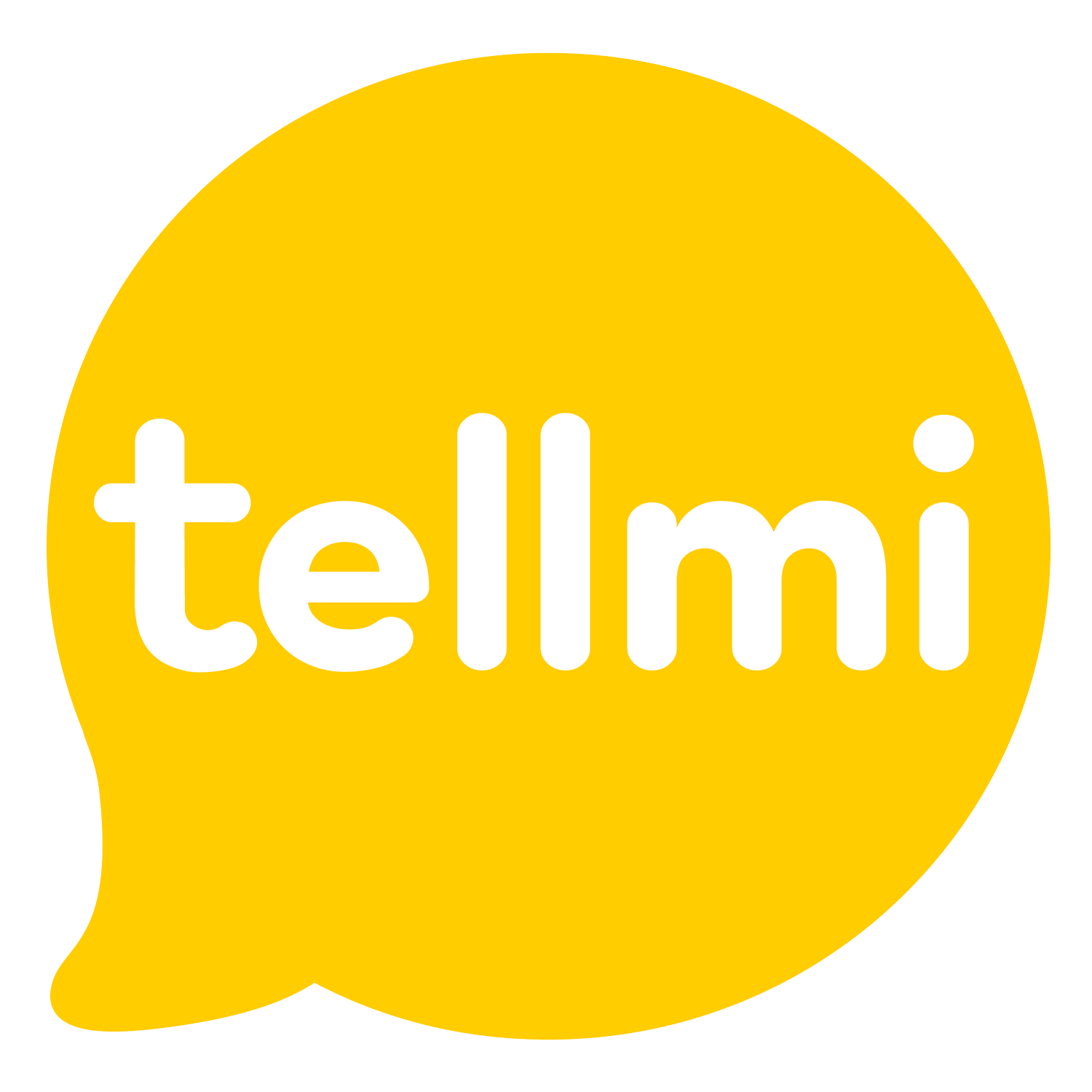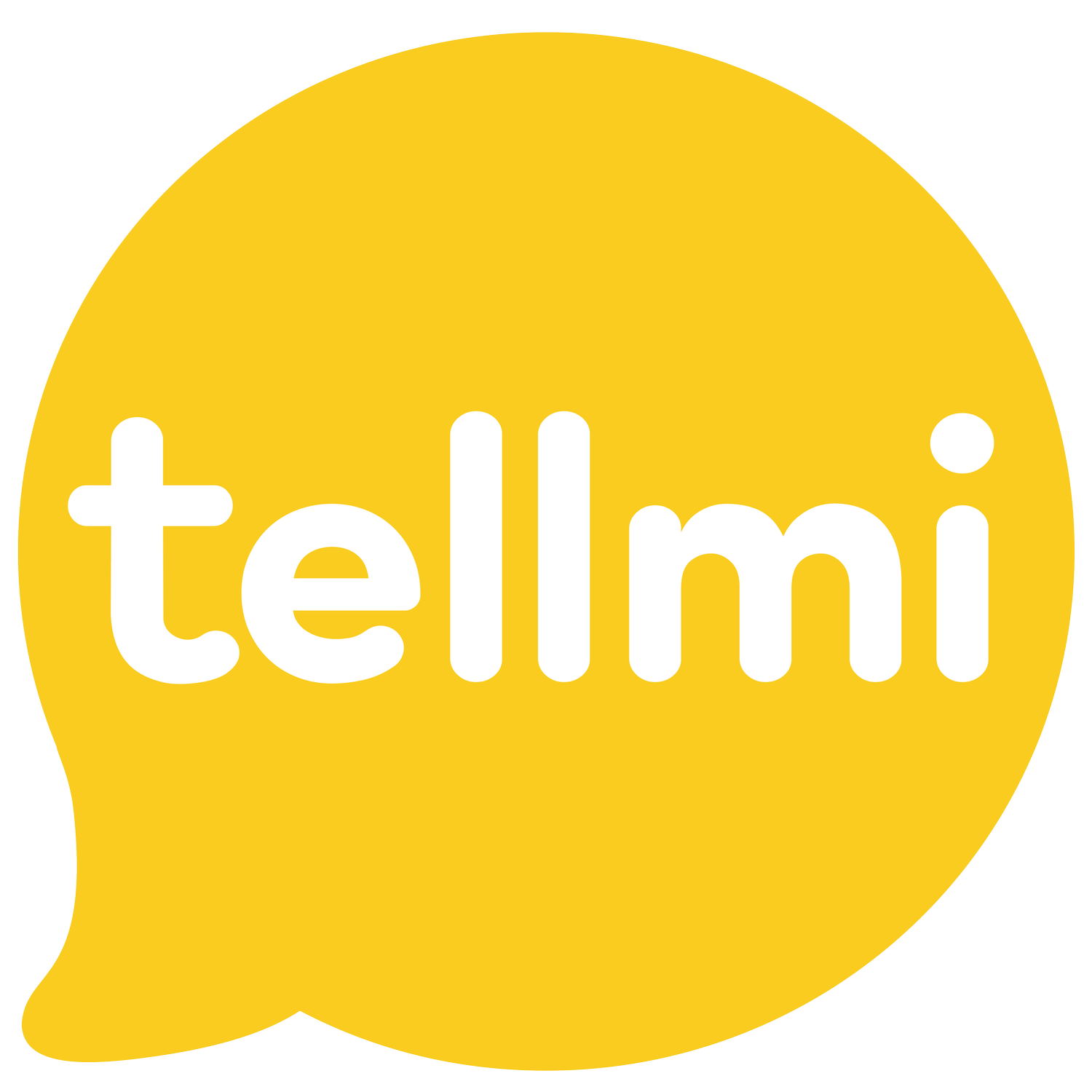Working with GPs and CAMHS to extend mental support for young people and reduce the burden on the NHS
The unprecedented rise in mental health disorders in young people is putting enormous pressure on NHS Child and Adolescent Mental Health Services (CAMHS). Tellmi is successfully helping to reduce this burden.
One in five young people now has a probable mental health disorder, an increase from one in eight in 2017. Demand for treatment greatly outweighs the number of available treatment providers, so most young people who would benefit from support are not getting any at all (NHS Digital, 2023)
Within CAMHS, the reliance on 1-2-1 treatment models restricts support to the most serious cases and as a result, the treatment threshold for access is now so high that 31% of referrals are rejected (Ball, 2022). Even when referrals are successful, 71% of young people have to wait longer than NHS target times to begin treatment (NHS Digital, 2022).
Early intervention is an NHS priority because young people who do not receive timely treatment (Solmi et al, 2021) have a significantly higher chance of reaching crisis point (CQC, 2017), and of needing help from adult services later in life (Fraser & Blishen, 2007).
Theoretically, digital health tools could reduce the burden on CAMHS and deliver flexible support at scale, but research on efficacy is mixed (Torous et al., 2023) and very few app based mental health technologies are evidence based.
Tellmi is different. Tellmi has been independently evaluated by the Evidence Based Practice Unit at University College London. The study, which involved 876 young people, found that using Tellmi increased confidence and connectedness and improved mental health self-management skills (Ravaccia et al., 2022).
Tellmi is a scalable early intervention that gives young people the tools they need to help themselves and each other. Unlike more traditional 1-2-1 digital or real world counselling interventions, Tellmi’s peer support model helps young people to increase resilience by building strong social connections.
Commissioned by the NHS, Tellmi provides young people with easy access to anonymous, age banded peer support. All posts and replies are risk assessed by humans and anything high risk is responded to immediately by a qualified counsellor. In commissioned areas, Tellmi integrates into the care pathway and embeds access to all local mental health services into the Tellmi directory.
Because there is no one size fits all solution to the mental health crisis, we work collaboratively with GPs and CAMHS practitioners to ensure that those with mild to moderate problems are signposted to Tellmi which helps to reduce unnecessary referrals to CAMHS. Tellmi also supports young people who are on CAMHS waiting lists and those who have finished treatment but need ongoing support.
Other services provide time limited support, but Tellmi moderators and counsellors are available from 8.30am to 11pm every day, 365 days a year. With no referrals and no thresholds, once Tellmi is commissioned, every young person in a region can access free and unlimited peer and counsellor support. If you would like to find out more about how Tellmi can expand support for young people in your ICB, contact emma@tellmi.help
References
NHS Digital (2022). Waiting times for children and young people’s mental health servies 2021-2022. https://digital.nhs.uk/supplementary-information/2022/waiting-times-for-children-and-young-peoples-mental-health-services-2021-2022
Care Quality Commission. (2017). Review of children and young people’s mental health services: Phase one report. England: Care Quality Commission. https://www.cqc.org.uk/sites/default/files/20171103_cypmhphase1_report.pdf
Fraser M., Blishen S. (2007). Supporting young people’s mental health. Mental Health Foundation. https://www.groundwork.org.uk/wp-content/uploads/2022/02/supporting_young_people.pdf
Ravaccia, G. G., Johnson, S. L., Morgan, N., Lereya, S. T., & Edbrooke-Childs, J. (2022). Experiences of Using the Digital Support Tool MeeToo: Mixed Methods Study. JMIR Pediatrics and Parenting, 5(4), e37424. https://doi.org/10.2196/37424
Solmi, M., Radua, J., Olivola, M., Croce, E., Soardo, L., Salazar de Pablo, G., Il Shin, J., Kirkbride, J. B., Jones, P., Kim, J. H., Kim, J. Y., Carvalho, A. F., Seeman, M. V., Correll, C. U., & Fusar-Poli, P. (2022). Age at onset of mental disorders worldwide: large-scale meta-analysis of 192 epidemiological studies. Molecular Psychiatry, 27(1), 281–295. https://doi.org/10.1038/s41380-021-01161-7
Torous, J., Myrick, K., & Aguilera, A. (2023). The need for a new generation of digital mental health tools to support more accessible, effective and equitable care. World Psychiatry: Official Journal of the World Psychiatric Association (WPA), 22(1), 1–2. https://doi.org/10.1002/wps.21058


